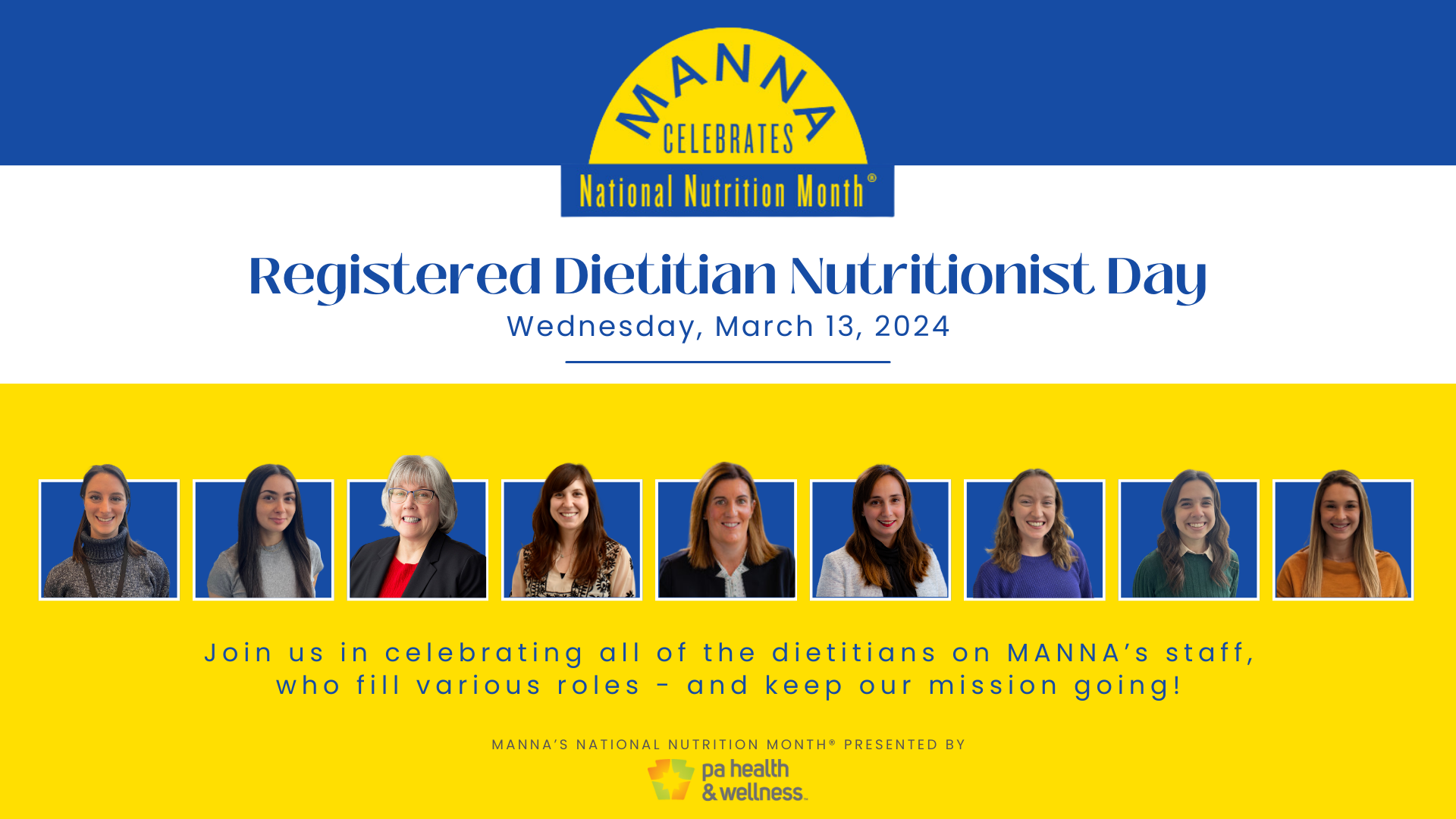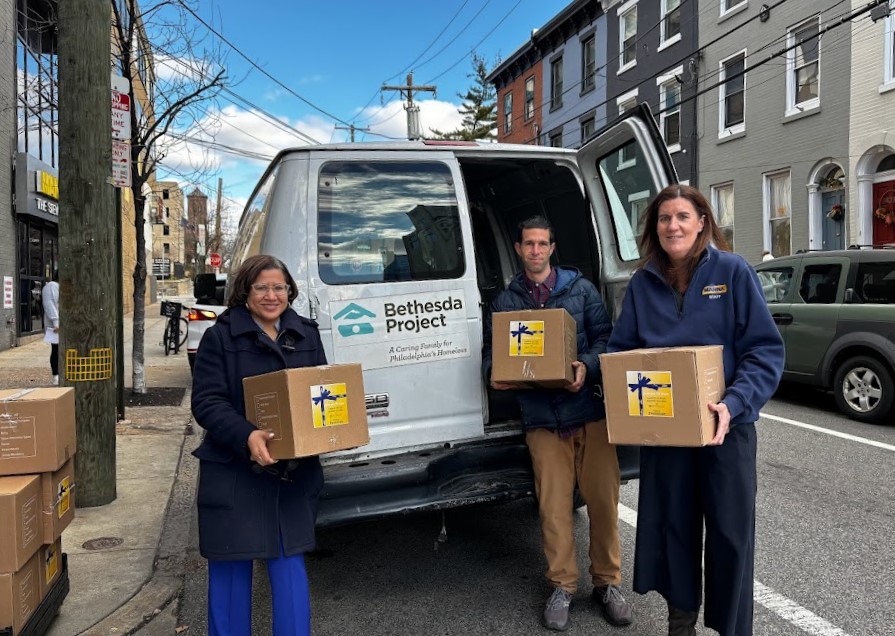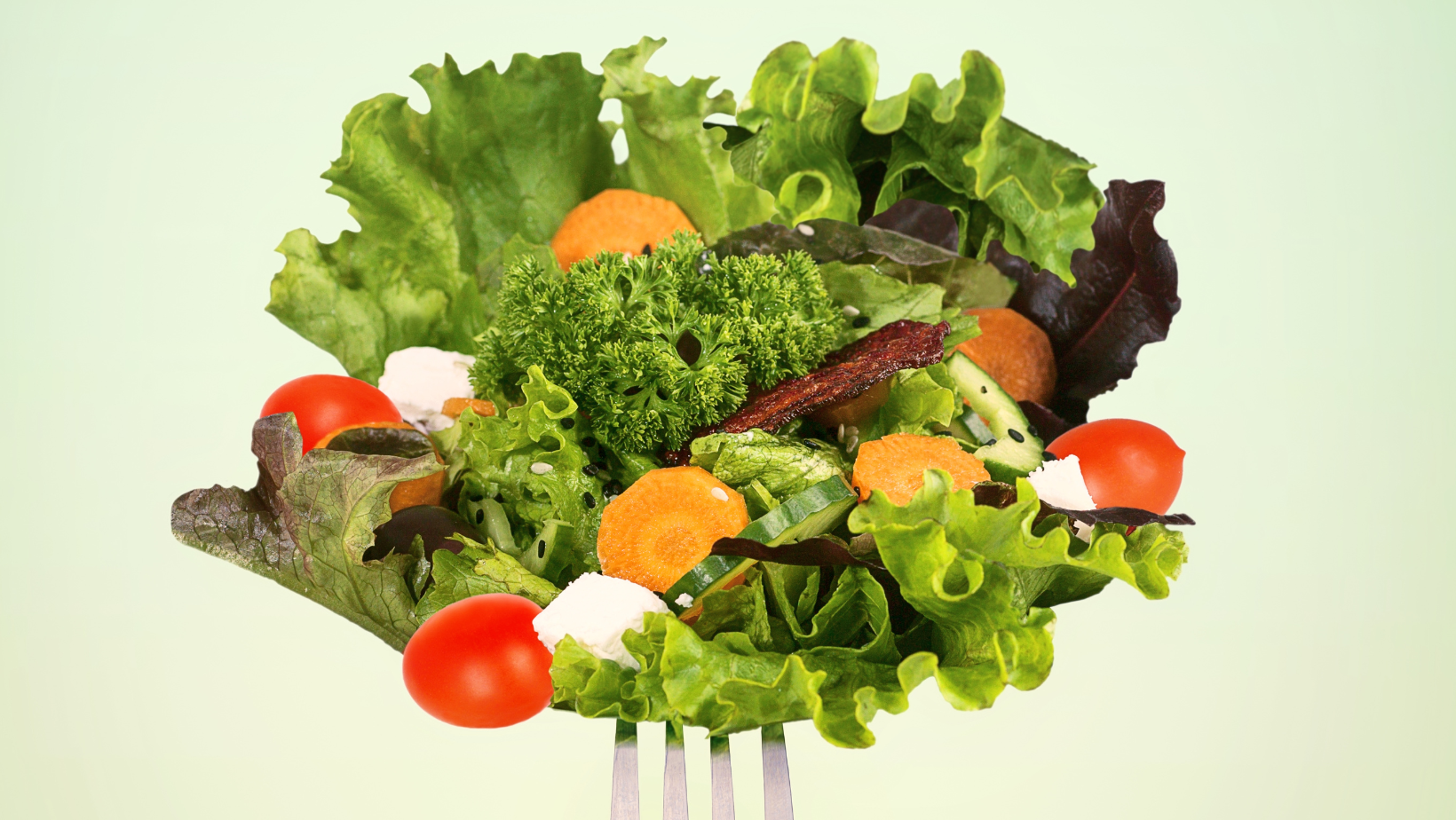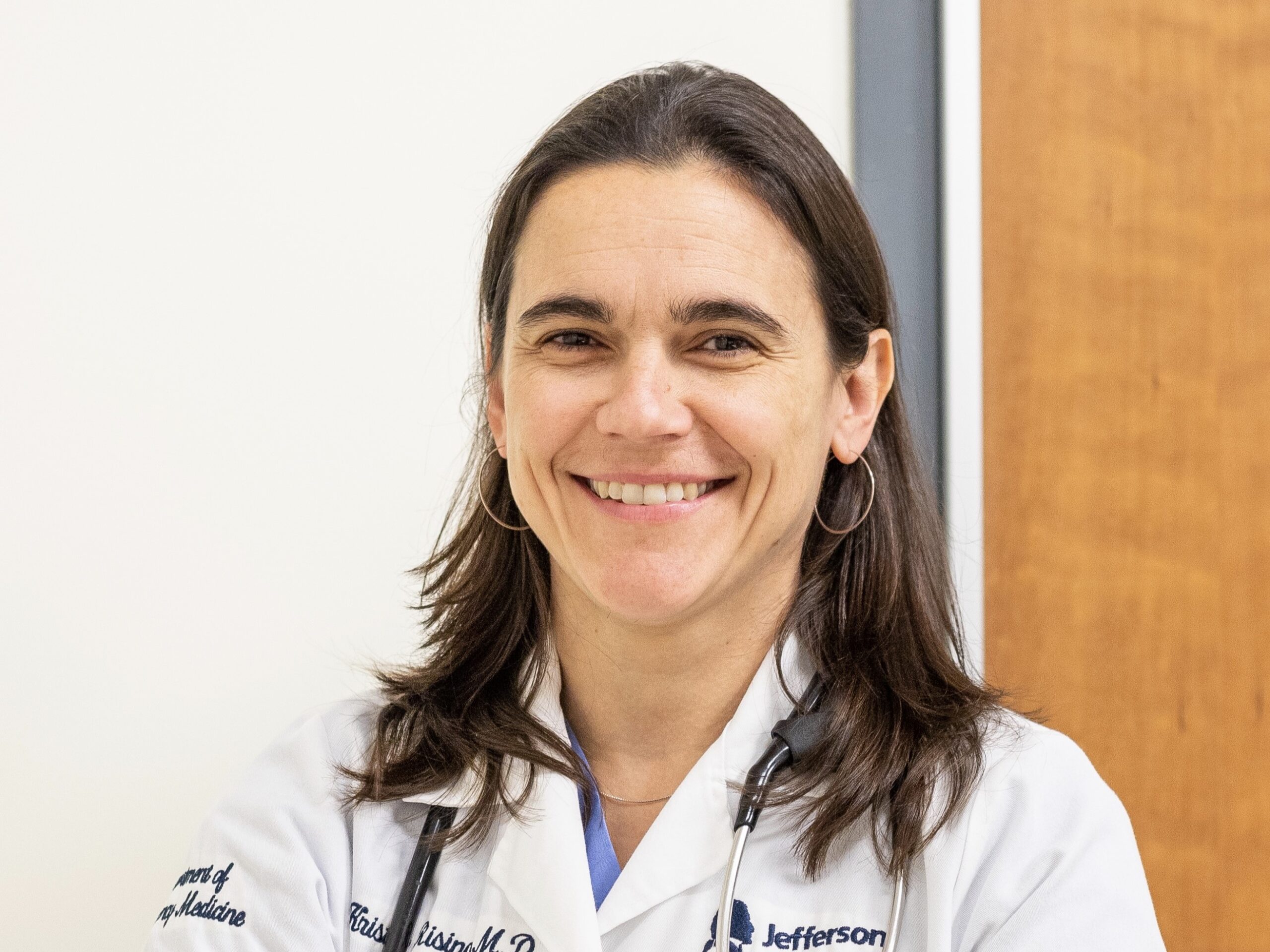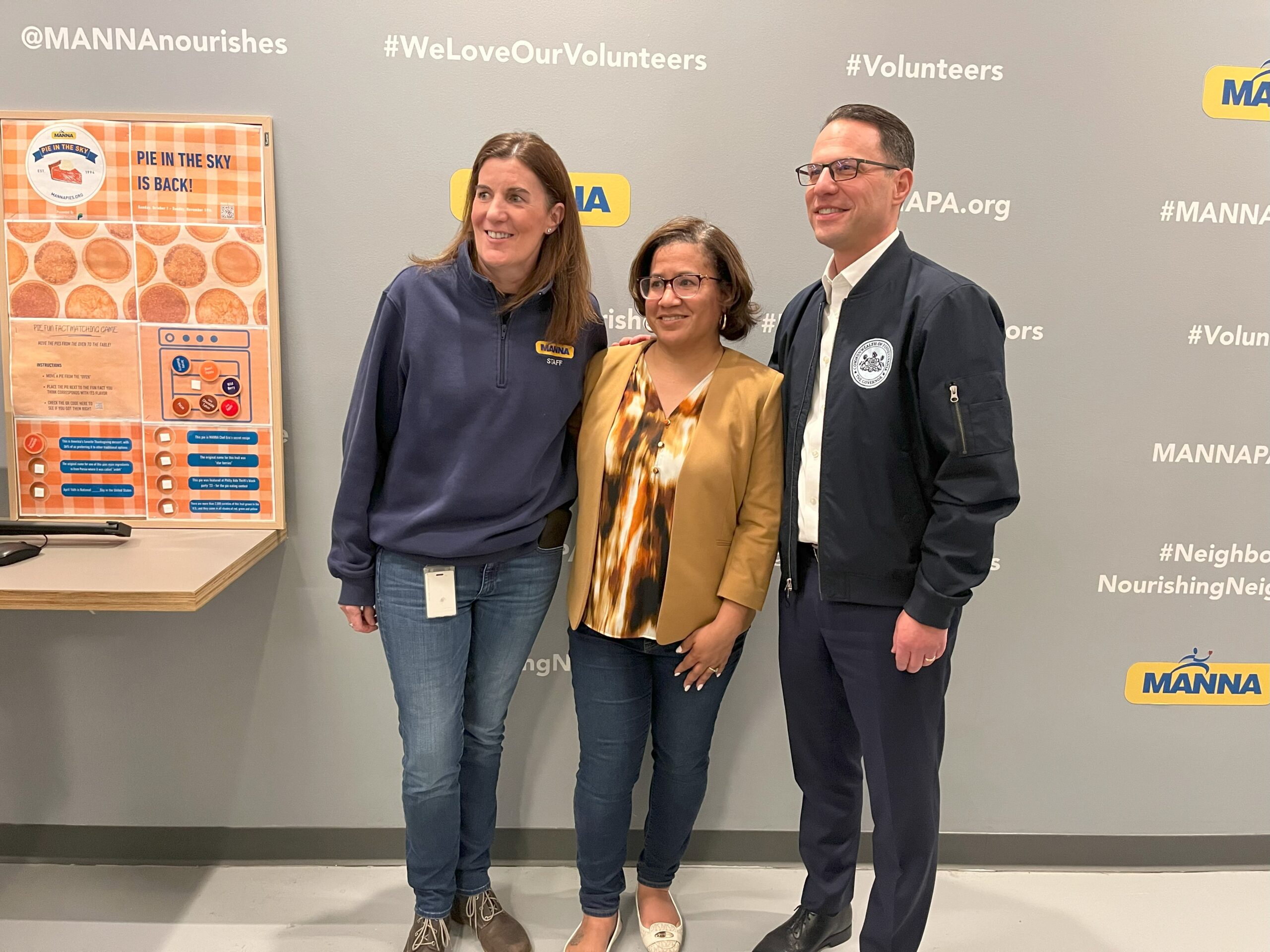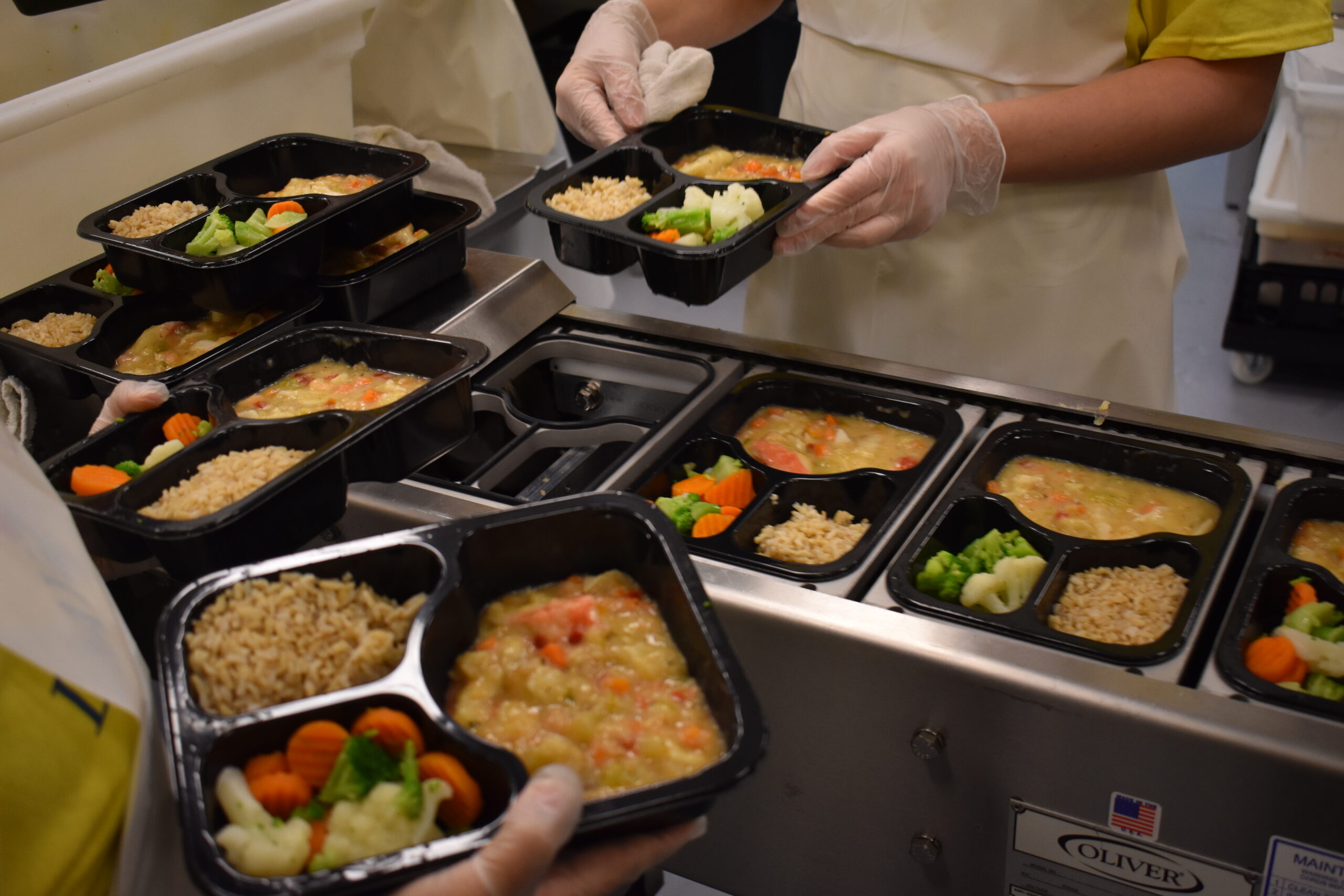Category: Uncategorized
Highlighting the Registered Dietitian-Nutritionists of MANNA
Near Year, Intentional Me
Instacart and State Representative Donna Bullock Partner with MANNA to host December Pie Drive Benefitting Philadelphia Area Community Organizations
MANNA pies were distributed during the December holiday season to more than 15 community organizations throughout Philadelphia
Mindful Eating: Bringing Awareness to Food Choices
The MANNA Institute Issues $400,000 Award to Fund Vital Nutrition Research at Jefferson Health
Pennsylvania Gov. Josh Shapiro and Rep. Donna Bullock Visit MANNA
The Benefits of Pursuing Nutrition Counseling with a Registered Dietitian
Malnutrition Awareness Week 2023
On September 18-22, 2023, MANNA will take part in Malnutrition Awareness WeekTM, an international effort to increase the awareness, diagnosis, and treatment of malnutrition in patients. Malnutrition Awareness WeekTM is an annual, multi-organizational campaign created by the American Society for Parenteral and Enteral Nutrition (ASPEN) to focus on nutrition as a patient right and nutrition’s vital role in health and recovery.
In the U.S., malnutrition – the condition that occurs when individuals do not receive enough calories, protein, or vitamins and minerals for optimal body function and overall health – affects millions of people and is especially common among people with medical conditions. Malnutrition affects an estimated 20 to 50% of hospitalized patients, and can contribute to longer hospital stays, increased weakness and frailty, and higher hospital readmission rates.
MANNA’s medical nutrition program helps to treat and prevent malnutrition for many critically ill clients each year. Indeed, preliminary findings from the MANNA Institute showed an average 34% reduction in the proportion of clients who screened at-risk for malnutrition at intake versus follow-up across all disease states that we served in 2020. A partnership with researchers and dietitians at the Hospital of the University of Pennsylvania is currently building on these findings by measuring MANNA’s impact on recently discharged heart failure patients who were experiencing malnutrition while hospitalized.
In addition to tailored nutrition, malnutrition treatment requires professional guidance from healthcare providers such as Registered Dietitian-Nutritionists (RDNs), accredited and nationally board-certified food and nutrition experts. MANNA is committed to advancing the dietetics field by sharing vital information about detecting and treating malnutrition. This September, I wanted to share more information about the ways MANNA both directly addresses malnutrition and raises awareness about this serious issue.
Addressing malnutrition at MANNA
MANNA serves over 100 critically ill clients annually with diagnosed malnutrition, but many more are at serious risk. For these clients, appropriate nutrition and professional guidance are critical to mitigate potentially devastating consequences.
“Malnutrition is something to handle on a case-by-case basis, especially because it can affect people in different ways,” says MANNA dietitian Mallory Drake, MPH, RDN, LDN, CHES. “Among our population, we see a lot of weight changes and occasionally noted micronutrient deficiencies.” Malnutrition can affect clients who struggle with weight gain or obesity as well as weight loss.
“Our biggest interventions would be offering our high-protein menu modification to provide additional calories and protein when it is needed,” Mallory says. As with all MANNA diet modifications, our high-protein menu can be combined with up to two additional diet modifications to suit our clients’ unique needs. MANNA’s high-protein modification can help address malnutrition and prevent unintentional weight loss, sarcopenia, decreased muscle mass and function, increased infections, and poor wound healing by providing additional protein in a client’s diet.
In addition to this diet modification, MANNA’s RDNs can provide nutrition counseling to discuss small steps a client and their support system can take to improve overall nutrition status.
“Through counseling, we are able to talk through barriers to regular eating and food access beyond the short-term period of receiving MANNA deliveries,” Mallory says. The best ways to prevent malnutrition and its complications are to ensure consumption of adequate calories and protein on a consistent basis, through meals, snacks, supplements, and/or calorically dense foods. “If a client is open to it, we can discuss their meal timing and when they may be able to work in extra nutrition to meet their increased needs.”
MANNA’s RDNs take a trauma-informed approach to nutrition counseling, helping ensure that a client’s lived experiences are accounted for as a holistic component of their healing. For many clients, speaking with a MANNA RDN is their first experience talking in-depth with a healthcare provider about the importance of nutrition in managing their health. Together with MANNA’s fortifying, medically tailored meals, our RDNs help reduce the impacts of malnutrition among our critically ill clients.
Malnutrition and children
MANNA serves a small but growing number of pediatric clients. In our fiscal year 2023, we served nearly 200 children with diabetes, obesity, and other serious health conditions. Approximately 6% of the children MANNA served were diagnosed with malnutrition.
Preventing malnutrition among children is especially critical. Children with malnutrition are more susceptible to infections, which increases the risk for mortality. A July 2023 study featured stark data about the devastating prevalence of childhood malnutrition:
- Researchers studied more than 4,000 children over eight years who were admitted to the Pediatric Intensive Care Unit (PICU). About one of every five PICU-admitted patients had a malnutrition diagnosis.
- Malnourished patients had more comorbid diagnoses and used more healthcare resources (prolonged hospitalizations and higher 30-day readmission rates), leading to higher healthcare costs. Indeed, estimated total costs were $151,401 for malnourished patients and $57,986 for patients without malnutrition—a cost difference of $93,415 per patient.
A number of risk factors can make infants and children more susceptible to malnutrition. Conditions such as gastrointestinal, heart, respiratory, and kidney defects; cerebral palsy; cystic fibrosis; short bowel syndrome; solid tumor cancers; and third-degree burns all put infants and children at high risk. Socioeconomic and systemic factors such as food insecurity can compound this risk by inhibiting access to nutrient-dense foods. Programs such as MANNA’s play a vital role in addressing pediatric malnutrition by providing high-calorie, protein-rich meals that are delicious and ready to eat. MANNA’s RDNs can help counsel families affected by pediatric malnutrition to ensure healing and recovery.
MANNA’s Commemoration of Malnutrition Awareness WeekTM
To amplify the theme of this year’s Malnutrition Awareness WeekTM, “Nutrition Care is a Patient Right,” we are hosting two events in early October. The first is an RDN (Registered Dietitian-Nutritionist)/DTR (Dietetic Technician, Registered) Networking Event to be held on October 2nd that aims to share MANNA’s dietetic expertise with the local healthcare community and engage dietitians from the Greater Philadelphia Area to help address malnutrition at their own institutions. If you or your business are interested in learning more about partnership opportunities for MANNA’s inaugural RDN/DTR Networking Event, please contact Rebecca Boova-Turner, Healthcare Partnerships Manager at rboova-turner@mannapa.org.
The MANNA Institute, our division for research and evaluation, has been an ambassador of Malnutrition Awareness WeekTM since 2020 and will be hosting an academic seminar on October 5th. The seminar is part of the Institute’s Academic Seminar Series, a bi-annual presentation on topics relating to in-patient and community-based nutrition care. Our speaker, Dr. Rose Ann DiMaria-Ghalili of Drexel University, will discuss malnutrition across the healthcare continuum and potential interventions. One (1) continuing education unit will be available for all RDNs who attend. Registration information for the seminar will be available soon. We can all play a part in spreading awareness about malnutrition. As an ambassador, MANNA is able to provide complimentary access to all of ASPEN’s Malnutrition Awareness WeekTM webinars. Use code MAW-MANNA to register. We hope you are able to learn more about the complex issue of malnutrition and ways to take action during this year’s Malnutrition Awareness WeekTM and beyond!
Fuel Back to School
As a new school year approaches, this preparative stretch of time offers the perfect opportunity to upgrade household routines surrounding how food is chosen, prepared, and enjoyed by the whole family. While the little ones get ready to head out the door with backpacks, notebooks, and pencils, ensure they are equally well equipped with nourishing food to take on each day.
Consider the Food Groups
Protein – Animal products like chicken, turkey, fish, and eggs offer lean and complete protein to keep bodies strong and growing. Equally helpful are plant proteins, including beans, nuts, nut butters, lentils, and tofu, which can offer more variety and speedy snack preparation.
Fruits – Handheld fruits like bananas, apples, and oranges can be sent off in a lunchbox just as they are, while berries or cut-up watermelon do well in a baggie or small Tupperware container. To dodge unneeded sugar, look for fruit cups packaged in 100% juice or water and applesauce with no sugar added.
Vegetables – Baby carrots, cut celery, or sliced cucumbers with a favorite dip or dressing make for a sustaining snack at home. A colorful dinner plate can also make a meal more interesting, so trying a variety of veggies can increase engagement at the dinner table. Consider including bell peppers, sweet potatoes, beets, or eggplant among the greens.
Dairy – Milk, yogurt, and cheese offer calcium for strong bones. For lactose intolerance or those who generally dislike dairy, consider non-dairy alternatives that are fortified with calcium and vitamin D. Dairy and dairy alternatives are often wholesome sources of protein as well!
Grains – Look for bread, cereal, and grain products with 100% whole wheat/whole grain on their labeling. It is recommended to make at least ½ of the grains eaten each day whole grains. This increases fiber intake, which in turn, promotes steady fullness for better energy and focus. Oats, brown rice, and quinoa are some grain choices that are 100% whole grains just as they are!
Guide Balanced Eating
Combining foods from different food groups above creates something filling and provides more necessary nutrients with each passing meal and snack!
Some examples:
- Apple slices with peanut butter
- Oatmeal or yogurt with berries
- Toast with a hardboiled egg
- Grilled cheese with a side of sliced bell peppers
- Whole grain crackers with salsa, hummus, or guacamole
Get the Facts
The nutrition facts label provides a wealth of information about every product in the grocery store. There is nothing wrong with picking up pre-packaged snack items, though it is worth trying to do so mindfully. When in doubt, check the label! Keeping conscious of added sugar, saturated fat, and high sodium in products will ensure these convenient choices fit comfortably into a balanced intake.
Grow Together
So much planning and preparation can go into getting food from the grocery store to the lunchbox or the dinner table; What steps of the process can include the whole family?
If you are able:
- Take the kids to the grocery store. Explore the produce section together and pick out something new!
- Request some extra hands in the kitchen. Smaller hands may enjoy washing, measuring, mixing, or plating ingredients.
- Set aside time to prep lunches ahead once per week. Discuss favorite foods and what portions of them are filling.
Remember that meals and snacks don’t have to be perfect! Every day can be a new opportunity to make thoughtful food choices, whether you are catching the bus on the first day of school or writing your 100th lunchbox note.

